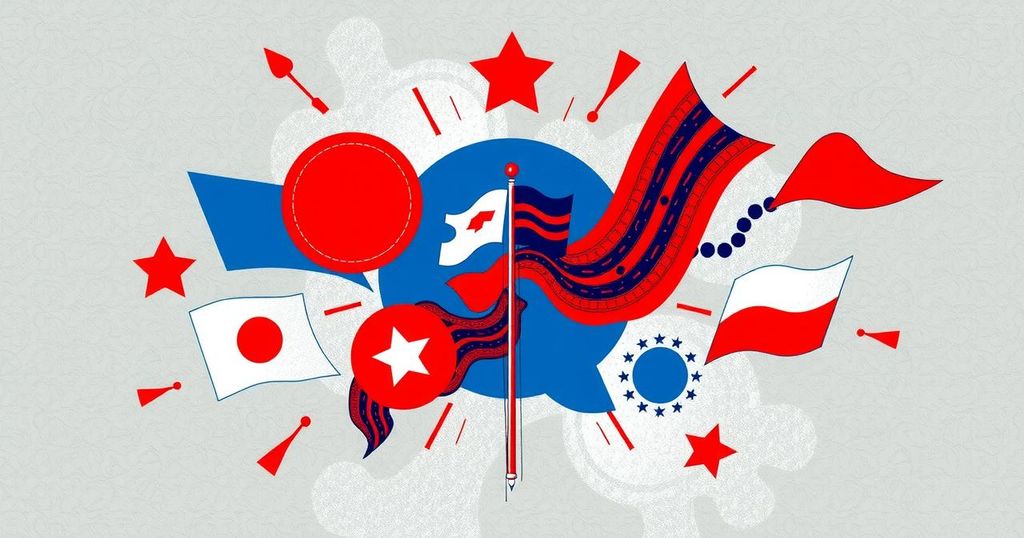Will Japan’s Anti-Immigrant Far-Right Parties Gain Polling Momentum?
- Japan’s upcoming election sees a rise in anti-immigrant sentiments.
- Far-right parties like Sanseito are gaining traction in polls.
- LDP struggles amid scandals leading to potential hung parliament.
- Increased dissatisfaction with traditional political leaders is evident.
- About 33% of voters remain undecided ahead of the election.
Rise in anti-immigrant rhetoric influences elections.
As Japan prepares for a critical upper house election this Sunday, the political landscape is increasingly dominated by a surge in anti-immigrant sentiment, particularly from far-right populist parties. Drawing parallels to movements seen in the United States and various European nations, these parties are amplifying their messages to capture a more significant share of the electorate. Traditional campaign themes like inflation and defense are still on the table, but the sharp rise in the anti-immigrant narrative is pivoting the national dialogue, shaping how candidates approach the electoral discourse. The House of Councillors election serves as a litmus test for how effective these strategies will be in swaying public opinion at the polls.
Sanseito and other parties eye government roles.
The emergence of ultraconservative factions such as the Sanseito party, which was established only in 2020, has further complicated things. Polls indicate that Sanseito is currently in fourth place, garnering around 5.9% support, per a July 11 survey by NHK. Despite its modest standing, a significant portion of the electorate, over 33%, remains undecided. This lack of clarity could be a double-edged sword in the election, particularly for the ruling Liberal Democratic Party (LDP), which struggles with approval ratings around 24% due to various scandals. Analysts suggest that a lack of majority for any party could lead to a hung parliament, whereby the LDP might find it essential to negotiate with smaller parties like Sanseito to retain governance.
Disillusionment with LDP opens doors for change.
As political allegiances shift, individuals like Hiromichi Moteki, a conservative historian from Tokyo, illustrate the changing sentiments among traditional LDP supporters who are now voicing concerns over the party’s current direction and leadership. Moteki has publicly expressed his disillusionment, labeling Prime Minister Shigeru Ishiba as ‘hopeless’, reflecting a broader dissatisfaction among the electorate. The increasing influence of right-leaning parties may lead to them gaining substantial leverage in any post-election discussions, potentially even acquiring governmental positions or cabinet seats. This could mark a significant shift in Japan’s political especially in the context of immigration policy and foreign relations.
The upcoming House of Councillors election in Japan is shaping up to be a decisive moment, particularly for anti-immigrant far-right parties like Sanseito. With the LDP’s dwindling support amid scandals and the substantial number of undecided voters, the election could lead to a hung parliament and a shift in power dynamics. Individuals previously aligned with traditional parties express their discontent, creating a fertile ground for emerging political factions to demand a place in government, potentially influencing the future direction of Japan’s policies on immigration and more.




Post Comment